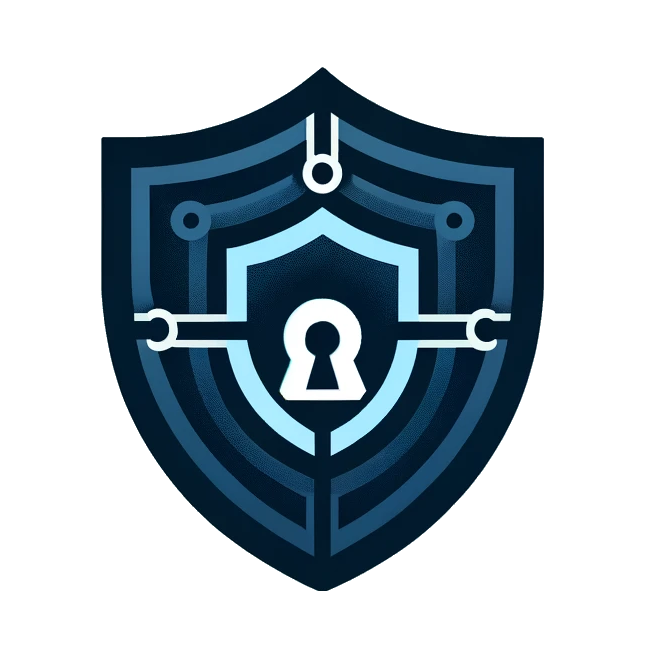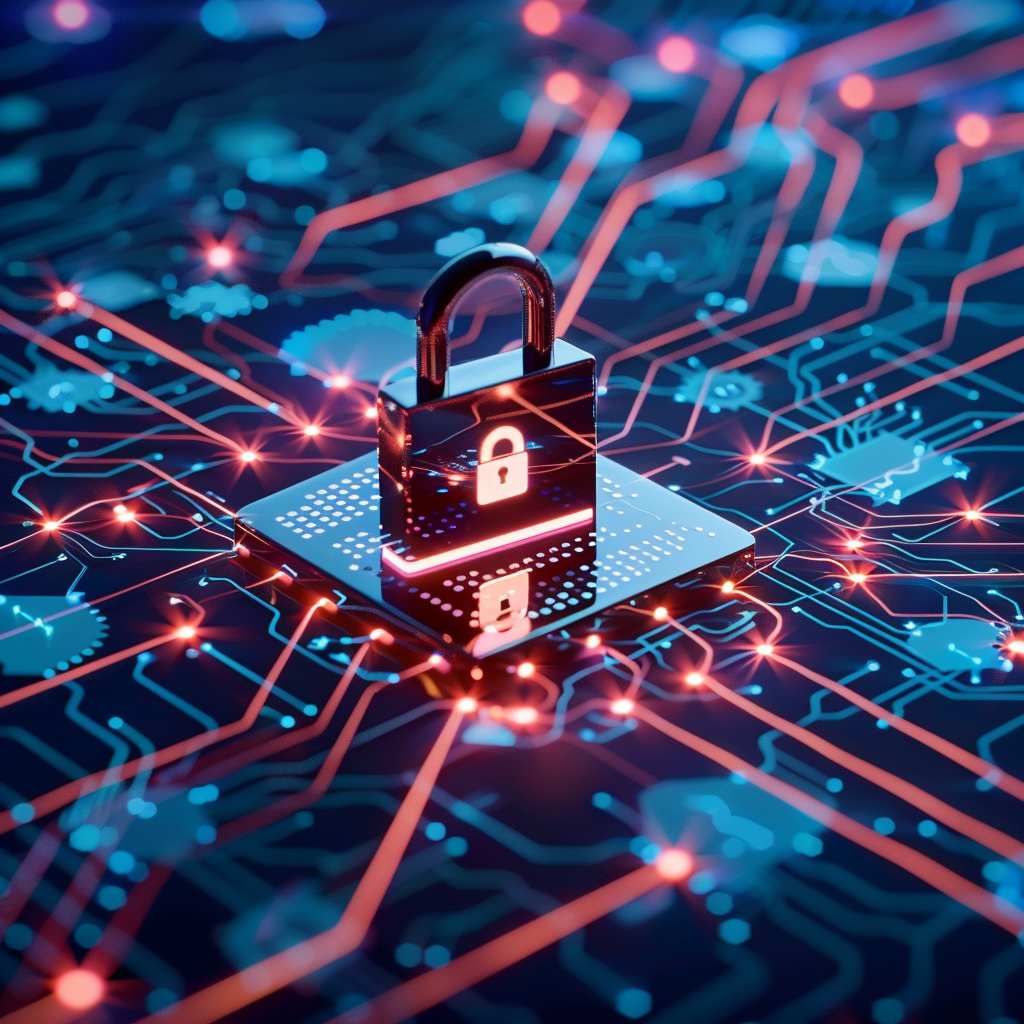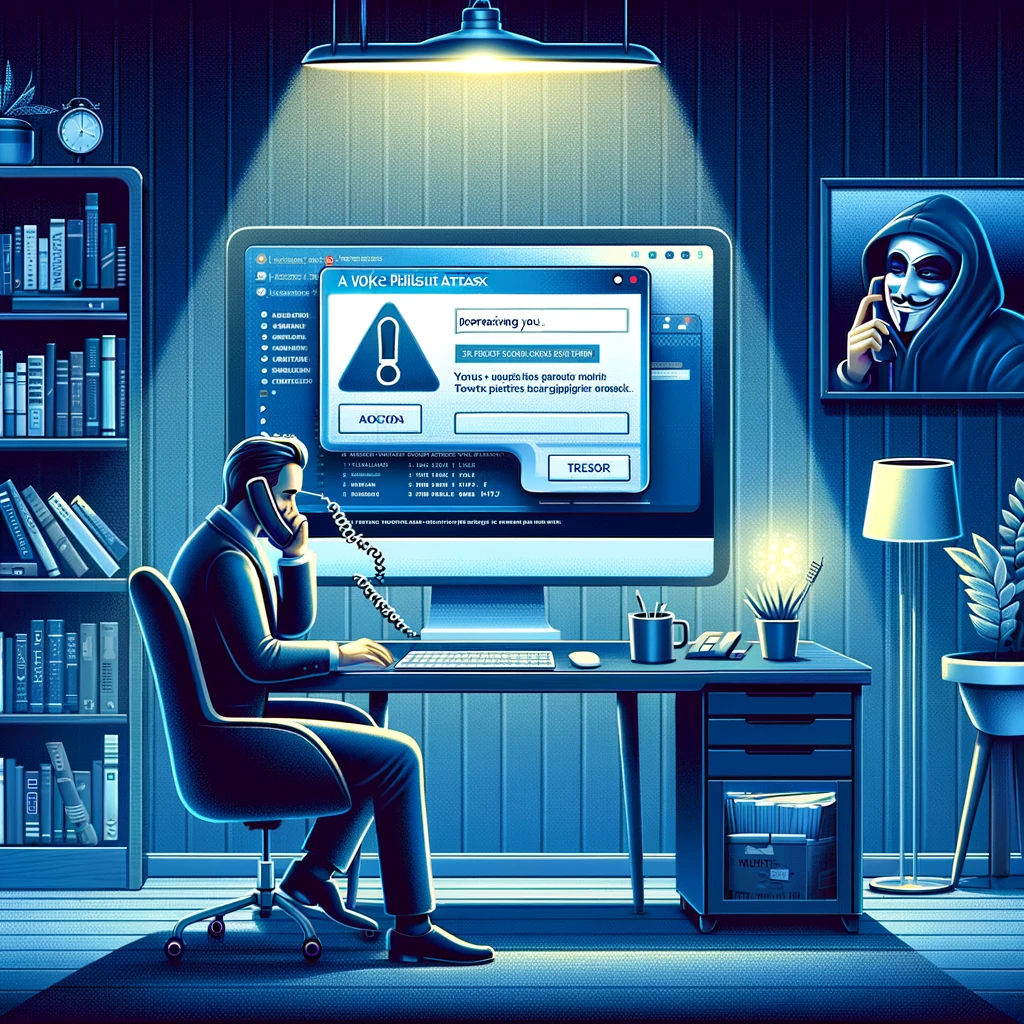In recent years, data breaches affecting large corporations like AT&T have become alarmingly common occurrences. The standard corporate response to a data breach—offering free credit monitoring—does little to address the risk of personal information being traded or sold on the dark web. This was evident in the AT&T breach, where affected users’ information had been circulating potentially since 2019, unbeknownst to them. Companies rarely provide dark web monitoring automatically; it usually requires consumers to take proactive steps themselves, often at their own expense.
Credit monitoring services track changes to a person’s credit report, alerting them to new accounts or credit inquiries that could indicate identity theft. While this is beneficial, it operates on a fundamental limitation: it only detects fraud involving new account creation or credit modification. These services are reactive, alerting the user after their data has been misused.
On the other hand, dark web monitoring scans hidden corners of the internet for traces of an individual’s personal information. The dark web is a hidden part of the internet where illicit activities thrive, including the buying and selling of stolen personal information. In the case of data breaches like the recent one involving AT&T, sensitive personal data often ends up for sale on the dark web. This data can include not only financial information but also Social Security numbers, addresses, and other personal details that can be used for identity theft and other forms of fraud.
Unlike credit monitoring, dark web monitoring actively scans the dark web for mentions of an individual’s personal information and provides an early warning system about potential misuse of stolen data before it manifests as fraud or theft on a credit report. This proactive approach can help detect potential instances of identity theft or fraud early on, allowing individuals to take action to protect themselves before significant harm occurs.

The prevalence of digital data storage and increasingly sophisticated cyber attacks call for more comprehensive identity protection strategies that go beyond credit monitoring. Companies should consider integrating dark web monitoring into their post-breach response to offer a fuller protective measure against the misuse of stolen data. While some companies offer dark web monitoring as part of their broader identity protection services, it’s not always included in the standard credit monitoring packages provided in response to data breaches. This leaves consumers vulnerable to the full range of risks posed by their personal information falling into the wrong hands.
In light of this, consumers should advocate for more comprehensive protection measures from companies experiencing data breaches. This includes not only credit monitoring but also dark web monitoring and other proactive security measures designed to detect and mitigate the risks associated with data exposure. Awareness and understanding of the various monitoring tools available are crucial in pushing for more robust protections from corporations that hold sensitive data.
As data breaches continue to affect millions annually, understanding the limitations of credit monitoring and the benefits of dark web monitoring is essential. Ultimately, it’s up to both consumers and corporations to prioritize data security and take proactive steps to protect personal information. By staying informed about the risks posed by data breaches, individuals can better safeguard themselves against the growing threat of identity theft and fraud in an increasingly digital world.

Penetra Cybersecurity is at the forefront of defending the digital frontier, providing cutting-edge solutions to protect businesses and organizations from the ever-evolving threats of the cyber world. Established with a mission to create a safer internet for everyone, Penetra leverages a blend of advanced technology, expert knowledge, and proactive strategies to stay ahead of cybercriminals.
Ready to take the next step towards a more secure future? Schedule a consultation with us today and discover how we can help protect what matters most to you. Don’t wait until it’s too late—with Penetra Cybersecurity, your business isn’t just secure; it’s imPenetrable.




